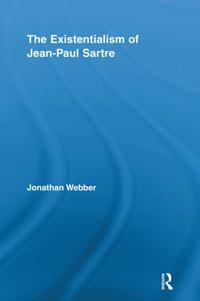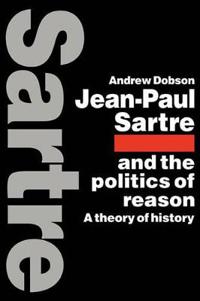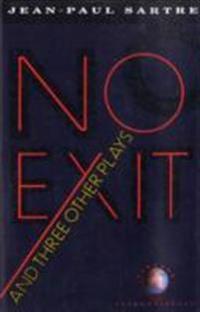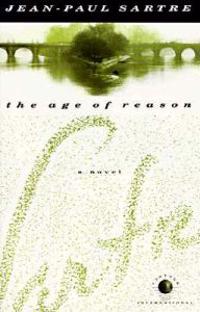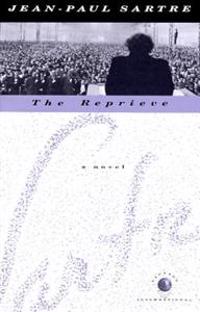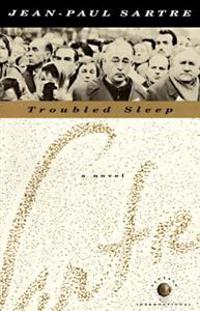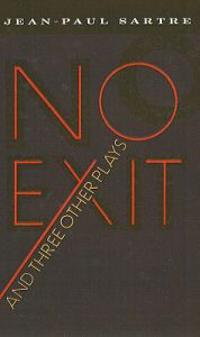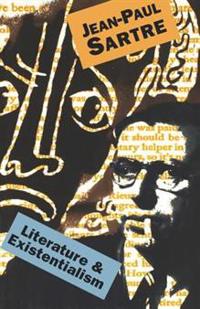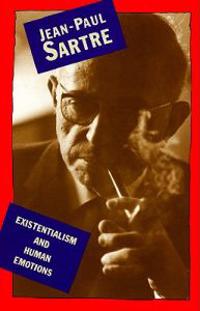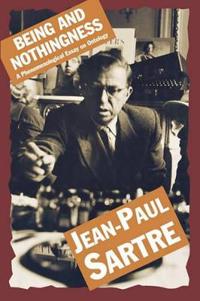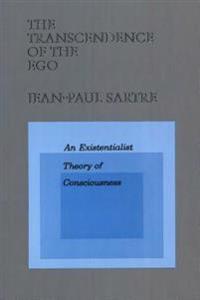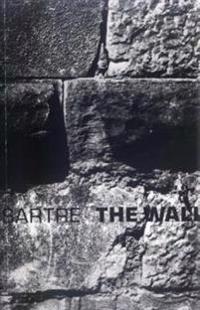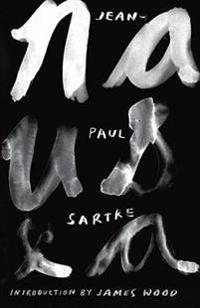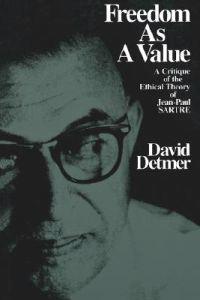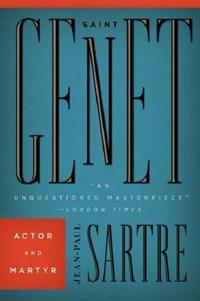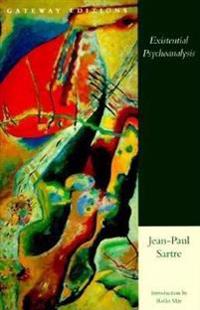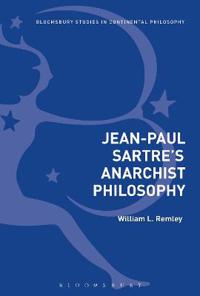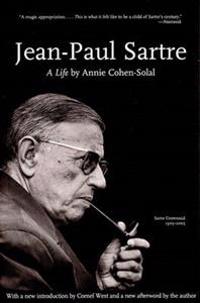The Imagination (Häftad)
avJean-Paul Sartre
ISBN: 9780415776196 - UTGIVEN: 201207'No matter how long I may look at an image, I shall never find anything in it but what I put there. It is in this fact that we find the distinction between an image and a perception.' - Jean-Paul Sartre L'Imagination was published in 1936 when Jean-Paul Sartre was thirty years old. Long out of print[...]
The Existentialism of Jean-Paul Sartre (Häftad)
avJonathan Webber
ISBN: 9780415848589 - UTGIVEN: 2013-04Webber argues for a new interpretation of Sartrean existentialism. On this reading, Sartre is arguing that each person's character consists in the projects they choose to pursue and that we are all already aware of this but prefer not to face it. Careful consideration of his existentialist writings [...]
Jean-paul Sartre and the Politics of Reason
ISBN: 9780521115070 - UTGIVEN: 2009-06Andrew Dobson charts Sartre's transformation from novelist and apolitical philosopher of existentialism, before the Second World War, to a committed defender of Marxism and Marxist method after it. Examining Sartre's post-war work in detail, he shows how the biographies of Baudelaire, Genet and Flau[...]
No Exit and Three Other Plays (Häftad)
avJean-Paul Sartre
ISBN: 9780679725169 - UTGIVEN: 1989104 plays about an existential portrayal of Hell, the reworking of the Electra-Orestes story, the conflict of a young intellectual torn between theory and conflict and an arresting attack on American racism.[...]
The Age of Reason (Pocket)
avJean-paul Sartre
ISBN: 9780679738954 - UTGIVEN: 199207Set in France during the days immediately before World War II, this is the story of Mathieu, a French professor of philosophy obsessed with the idea of freedom. Translated from the French by Eric Sutton.[...]
The Reprieve (Pocket)
avJean-paul Sartre
ISBN: 9780679740780 - UTGIVEN: 1992-07An extraordinary picture of life in France during the critical eight days before the signing of the fateful Munich Pact and the subsequent takeover of Czechoslovakia in September 1938. Translated from the French by Eric Sutton.[...]
Troubled Sleep (Häftad)
avJean-Paul Sartre
ISBN: 9780679740797 - UTGIVEN: 1992-07Powerfully depicts the fall of France in 1940, and the anguished response of the French people to the German occupation. Translated from the French by Gerard Hopkins.[...]
Literature and Existentialism (Häftad)
avJean-Paul Sartre, Gabriel Marcel
ISBN: 9780806501055 - UTGIVEN: 198701Essays in Existentialism (Häftad)
avJean-Paul Sartre, Gabriel Marcel, Wade Baskin
ISBN: 9780806501628 - UTGIVEN: 2000-06Existentialism and Human Emotions (Häftad)
avJean-Paul Sartre
ISBN: 9780806509020 - UTGIVEN: 200012Being and Nothingness: A Phenomenological Essay on Ontology (Häftad)
avJean-Paul Sartre
ISBN: 9780806522760 - UTGIVEN: 200109A monumental work of the twentieth century, Being and Nothingness is the fullest expression of Jean-Paul Sartre's philosophy of existentialism. First published in 1943, this masterpiece still defines and expresses the modern condition, and holds great relevance for contemporary readers. Existentiali[...]
The Transcendence of the Ego: An Existentialist Theory of Consciousness (Häftad)
avJean-Paul Sartre
ISBN: 9780809015450 - UTGIVEN: 199101First published in France in 1937, this important essay marked a turning point in Sartre's philosophical development. Before writing it, he had been closely allied with phenomenologists such as Husserl and Heidegger. Here, however, Sartre attacked Husserl's notion of a transcendental ego. The break [...]
Nausea (Häftad)
avJean-Paul Sartre, Carol Cosman
ISBN: 9780811220309 - UTGIVEN: 201304Nausea is the story of Antoine Roquentin, a French writer who is horrified at his own existence. In impressionistic, diary form he ruthlessly catalogs his every feeling and sensation. His thoughts culminate in a pervasive, overpowering feeling of nausea which spreads at the bottom of the viscous pud[...]
Freedom as a Value: A Critique of the Ethical Theory of Jean-Paul Sartre (häftad)
ISBN: 9780812690835 - UTGIVEN: 1988-12Genocide Old and New (Häftad)
avRobert Fisk, Jean-Paul Sartre, Hans Blix
ISBN: 9780851247335 - UTGIVEN: 2007-01Existential Psychoanalysis (Pocket)
avJean-Paul Sartre, Hazel E. (TRN) Barnes, Rollo (INT) May
ISBN: 9780895267023 - UTGIVEN: 1996-09In Existential Psychoanalysis, Sartre criticizes modern psychology in general, and Freud's determinism in particular. His often brilliant analysis of these areas and his proposals for their correction indicate in what direction an existential psychoanalysis might be developed. Sartre does all this [...]
Jean-Paul Sartre's Anarchist Philosophy
ISBN: 9781350048249 - UTGIVEN: 2018-02The influence of anarchists such as Proudhon and Bakunin is apparent in Jean-Paul Sartres' political writings, from his early works of the 1920s to Critique of Dialectical Reason, his largest political piece. Yet, scholarly debate overwhelmingly concludes that his political philosophy is a Marxist o[...]


